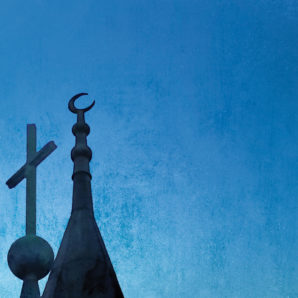
Women Strengthening Pluralist Co-Existence in Contemporary Indonesia: Analyzing the Role of Komnas Perempuan and the Koalisi Perempuan
Series: Women in Indonesia
The battles these women had waged for legal, religious, economic, social, and other forms of equality since the 1980s had started to bear fruit; new opportunities had opened to women, and debates about their legal rights had reached the public press and political platforms.
Read More →
The battles these women had waged for legal, religious, economic, social, and other forms of equality since the 1980s had started to bear fruit; new opportunities had opened to women, and debates about their legal rights had reached the public press and political platforms.
Read More →